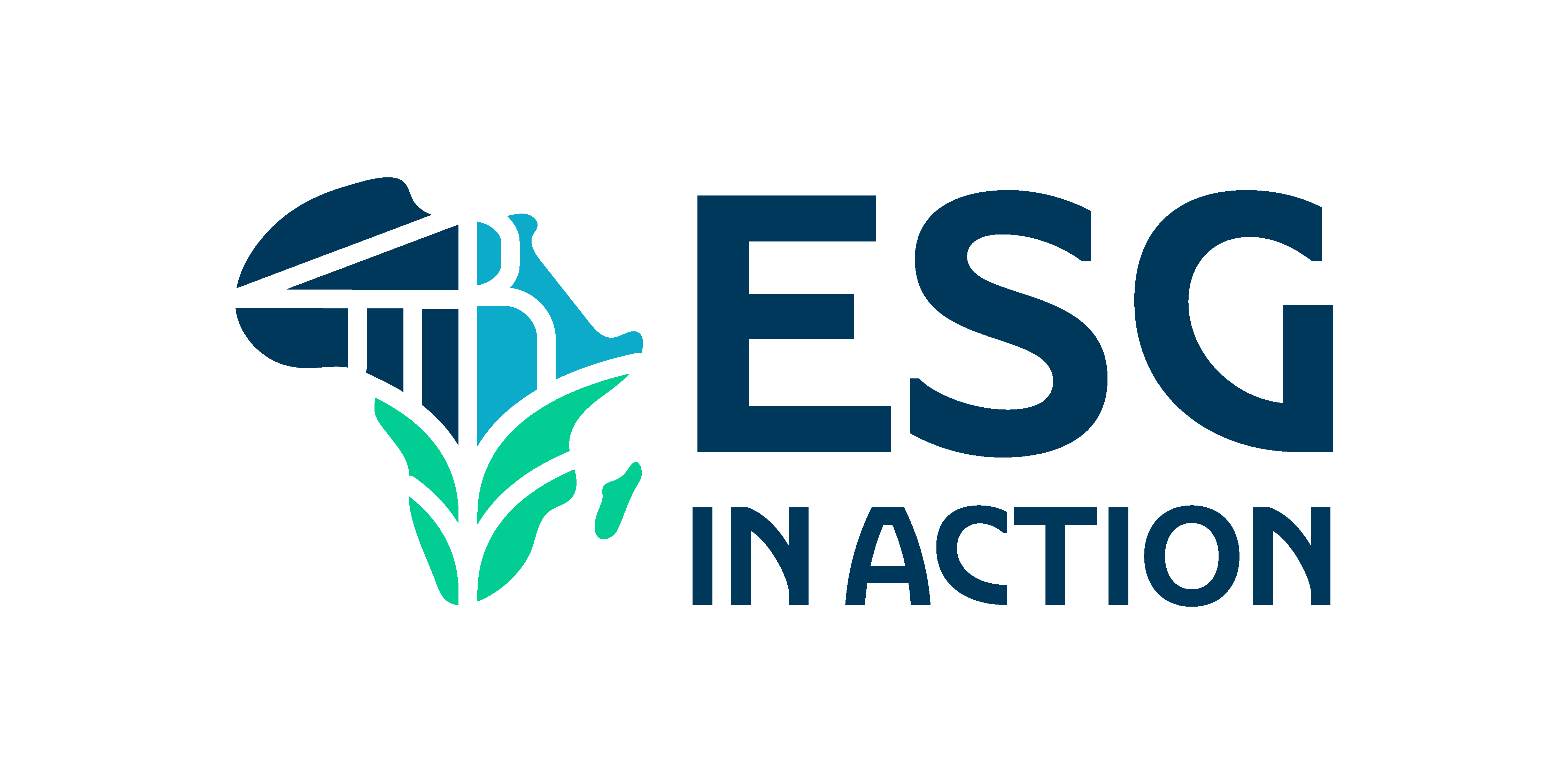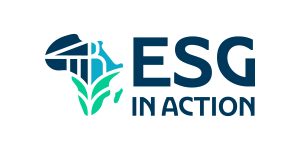
ESG Outlook 2026: Navigating Strategy, Stakeholders and Standards By ESG in Action Africa


With 2025 drawing to a close, companies are beginning to evaluate progress and set priorities for the new year. Many are also asking harder questions about the credibility of their Environmental, Social and Governance practices. According to data shared by the World Economic Forum, over 63% of senior leaders and executives believe environmental and social factors will significantly influence corporate performance by 2026.
This growing awareness is shaping how organisations define success, engage stakeholders and build resilience for the future. By now, it is clear, as we have often said, that sustainability has become more than an occasional concern, taking its place as a key part of everyday decision-making in many boardrooms.
For us as an organisation committed to advancing ESG in Africa, we believe that five major themes will shape how organisations prepare for responsible and profitable growth in 2026.
Regulatory Push from European Markets


More than ever before, European markets continue to raise the standard for corporate disclosure through frameworks such as the Corporate Sustainability Reporting Directive and the Sustainable Finance Disclosure Regulation. These policies are influencing how global supply chains operate, creating new expectations for transparency and accountability.
We are also seeing that African companies with export interests or international investors are beginning to feel this pressure. To remain competitive, they must align their operations and reporting systems with international requirements. Meeting these standards not only reduces risk but also strengthens investor confidence and brand reputation.
This shift presents a chance for African organisations to show leadership. Those that embrace structured reporting and strong governance will stand out as credible partners in the global economy.
Strengthening Accountability and Transparency


Organisations, business leaders and executives need to settle with the fact that trust and accountability will always remain central to any discussion on ESG. This is why we continue to emphasise that trust is one of the most valuable assets any company can build. This is because stakeholders expect clear commitments to ethical conduct, environmental and social responsibility. Above anything else, real accountability begins with leadership, where decisions on strategy, risk, and long-term vision are made.
In our interactions with clients, we have seen a common trend; when boards link executive performance to sustainability targets, they send a message that responsible governance is not an optional exercise. Investors and communities take such signals very seriously.
In addition, transparency goes beyond publishing reports. It is about openness, and communicating both progress and challenges with honesty. Organisations that do this consistently earn lasting respect and loyalty from their stakeholders.
Innovation in Renewable Energy and Green Technologies


Energy transition continues to shape the sustainability agenda. In many parts of Africa, renewable energy is no longer a distant ideal but a growing reality. Solar farms, wind projects and waste-to-energy systems are creating new business models that combine profitability with social benefit.
Companies investing in cleaner production processes and efficient resource management are already reaping the benefits of lower costs and a stronger public image. These innovations are also driving local employment and supporting community development.
By 2026, renewable energy and green innovation will stand at the heart of business resilience. Organisations that act decisively today will not only reduce their environmental footprint but also position themselves as future-ready players.
Technology, AI and Data in ESG


Technology is transforming how organisations measure, manage and communicate their sustainability performance. Data-driven insights are giving companies the clarity to understand their impact and improve efficiency.
Artificial intelligence supports this process by helping leaders interpret complex information, identify risks and track progress against goals. Companies that use these tools effectively are finding smarter ways to allocate resources and anticipate challenges.
However, technology also requires careful oversight. Data privacy, fairness and accountability in the use of digital systems remain critical. The most effective organisations will be those that combine technological innovation with human judgment and ethical awareness.
The Employee Stakeholder Voice


Employees are shaping how organisations think about purpose and responsibility. They are demanding workplaces that prioritise fairness, inclusion and well-being. For many, a company’s ESG values are as important as its financial success.
When employees feel heard, they bring creativity and commitment to their work. Their insights often reveal opportunities for improvement that management might overlook. Encouraging open dialogue within the workplace helps companies build a stronger culture of trust and shared responsibility.
Involving employees in sustainability projects and decision-making processes strengthens a company’s reputation and social impact. A responsible business begins with people who believe in what it stands for.
Looking Ahead to 2026


It is important to state that the next phase of ESG growth will be marked by clarity and action. Investors are watching how organisations link sustainability goals to measurable outcomes. Consumers are increasingly attentive to how brands fulfil their commitments, while governments are implementing stricter regulations to ensure responsible business practices.
This is why we believe that for African organisations, this is an opportunity to redefine competitiveness. The continent’s potential, its talent, natural resources and innovation capacity. This gives a strong base for sustainable progress. What counts now is how organisations put their plans into action
We want every business leader and executive to come to a point where they realise that sustainability is not a side project but the framework that gives meaning to performance. Businesses that understand this truth will remain relevant and respected in the years ahead.
To support this ongoing conversation, ESG in Action Africa will host a high-level webinar titled ESG Outlook 2026: Navigating Strategy, Stakeholders and Standards on November 4 at 10AM.
The session will bring together executives, board members and decision-makers to discuss practical tried and tested steps for building effective ESG strategies. Topics will include:
- How African companies can prepare for emerging ESG regulations from European markets
- The role of AI and data analytics in improving sustainability reporting and governance
- Ways to strengthen employee engagement within corporate ESG agendas
ESG expectations are shifting fast, and 2026 will demand more than good intentions. It will test credibility, alignment, and strategic depth. Join us on November 4 at 10AM for a conversation that brings together expertise, experience and direction for the road ahead.



